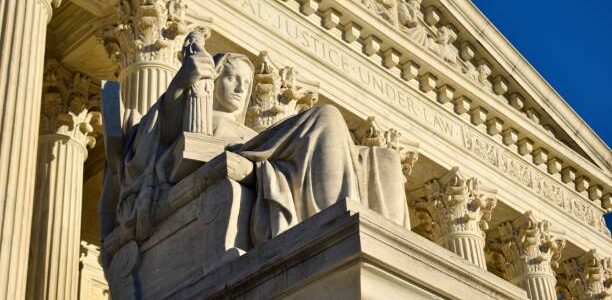BlogLine
Supreme Court clarifies the amendment/dismissal distinction for supplemental jurisdiction
3/12/25

By: P. Michael Freed and Lee D. Whatling
Since 2007, federal courts exercising federal question jurisdiction have relied on the United States Supreme Court’s footnote in Rockwell International Corporation v. United States, 549 U.S. 457 n. 6 (2007), to retain jurisdiction over state law claims after the plaintiff amended the complaint to drop all federal causes of action. The Court recently changed that rule.
While not faulting courts for their reliance on Rockwell, the Supreme Court clarified the application of 28 U.S.C. § 1367 to amended pleadings in Royal Canin U. S. A., Inc. v. Wullschleger, 604 U.S. 22 (2025). In that case, the court found that when a plaintiff excises all federal causes of action from its complaint by an amendment, the court loses supplemental jurisdiction over the state law claims. In other words, the amended complaint becomes the operative pleading for jurisdictional purposes, and the state court claims alone cannot confer jurisdiction under 28 U.S.C. § 1367(a).
In so holding, the Court noted the carveout under Section 1367(c)(3) for claims that the district court has dismissed. In that scenario, the court may choose to retain supplemental jurisdiction over the state law claims even after dismissing all federal claims. One good reason for that distinction, as the Supreme Court recognized, is that an appellate court may yet revive the dismissed federal claims, whereas an amended pleading deletes them for good.
With this, defendants should be aware of the latest opportunity for a jurisdictional yo-yo where removing a case with both federal and state law claims may yet find itself back in the state court if the plaintiff so chooses.
For more information, please contact P. Michael Freed at michael.freed@fmglaw.com, Lee D. Whatling at lee.whatling@fmglaw.com or your local FMG attorney.
Share
Save Print
